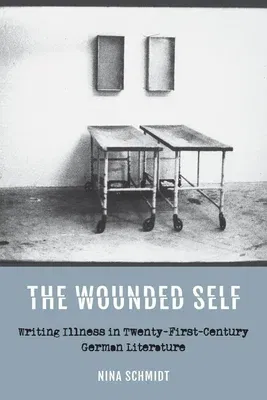Takes the recent wave of German autobiographical writing on illness and
disability seriously as literature, demonstrating the value of a
literary disability studies approach.
In the German-speaking world there has been a new wave - intensifying
since 2007 - of autobiographically inspired writing on illness and
disability, death and dying. Nina Schmidt's book takes this writing
seriously as literature, examining how the authors of such personal
narratives come to write of their experiences between the poles of
cliché and exceptionality. Identifying shortcomings in the approaches
taken thus far to such texts, she makes suggestions as to how to better
read their narratives from the stance of literary scholarship, then
demonstrates the value of a literary disability studies approach to such
writing with close readings of Charlotte Roche's Schoßgebete(2011),
Kathrin Schmidt's Du stirbst nicht (2009), Verena Stefan's Fremdschläfer
(2007), and - in the final, comparative chapter - Christoph
Schlingensief's So schön wie hier kanns im Himmel gar nicht sein!
Tagebuch einer Krebserkrankung (2009) and Wolfgang Herrndorf's
blog-cum-book Arbeit und Struktur (2010-13). Schmidt shows that authors
dealing with illness and disability do so with an awareness of their
precarious subject position in the public eye, a position they negotiate
creatively. Writing the liminal experience of serious illness along the
borders of genre, moving between fictional and autobiographical modes,
they carve out spaces from which they speak up and share their personal
stories in the realm of literature, to political ends.
Nina Schmidt is a postdoctoral researcher in the Friedrich Schlegel
Graduate School of Literary Studies at the Freie Universität Berlin.

